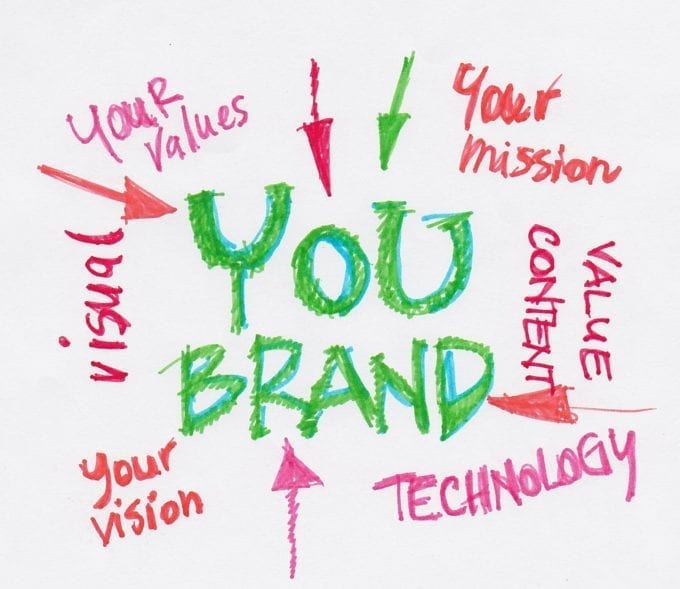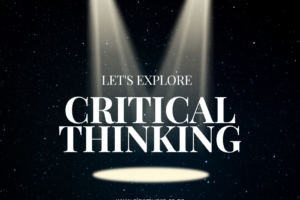What is critical thinking? When we hear the phrase ‘critical thinking’ we tend to assume…

How to build a personal brand
Your words, presentation, and behaviour always reveal something about your core values, passions and achievements. As a result, people will often make snap judgments about you, meaning it’s not only important to make a good first impression but to be consistent in your approach. These qualities are what managers look at when assessing candidates for promotion or hiring new team members, they are what people reflect on when deciding whether to do business with you and they determine your social connections. Whether you’re in business for yourself or you are employed, your personal brand can be a real asset.
So How do you Create Your Personal Brand?
Be aware – Remember that your brand is you and you are always representing the brand. Be consistent in how you present yourself in the workplace, how you communicate day-to-day with colleagues and how you act outside of the workplace. Look at people with strong branding within your community and look closely at how they represent that brand (themselves). Good branding involves consistency so you need to be clear about what you can deliver…
Authenticity is best – Be clear on who you are, what your values are and what you stand for as a person, then develop a brand around these aspects of yourself; Being true to yourself is the most effective way of creating consistency within your brand. There is no point in your brand representing one thing while you are doing another. Take some time to list all of the things that are important to you (your values) and then establish a strong top five. It might be that you value reliability or it could be that you value being creative, or calm or a hard worker or a straight talker… your values are yours alone so be honest with yourself and don’t adopt values that you think you ‘should’ represent.

Develop your emotional intelligence – EI is our ability to be aware of our emotions, to understand why we are feeling a certain way and then to choose how we express and manage those emotions; both in ourselves and in others. EI is about ‘being smart with feelings’. The World Economic Forum has listed EI as number 6 in the top ten skills required by 2020. EI is more than twice as predictive of business performance than purely cognitive intelligence, and is more predictive of business performance than skill, knowledge, and expertise.* (Harvard Business Review, “Breakthrough ideas for tomorrow’s business agenda”, April 2003).
Understand the power in listening well to others and in recognising and understanding their emotional responses, as well as your own, so that you can use that knowledge to enhance your working relationships, productivity, and performance.
Show up – I don’t just mean physically (although that is vital in building trust) but also as a person. Express your thoughts clearly but respectfully so people understand what you stand for as a person. When you are clear about your personal brand and that reflects your values and beliefs (authenticity) then you should find yourself with more clarity when making decisions. Your ability to make intelligent, timely decisions that take other people’s needs into account will likely get you noticed for the right reasons.

To wrap up
Developing a personal branding takes time and lots of reflection but if you work at it, you’re consistent and come from a place of Authenticity, then putting all of these elements together will give you a distinct and positive identity within your organisation and community. So what are you waiting for, get going on your personal brand today!



